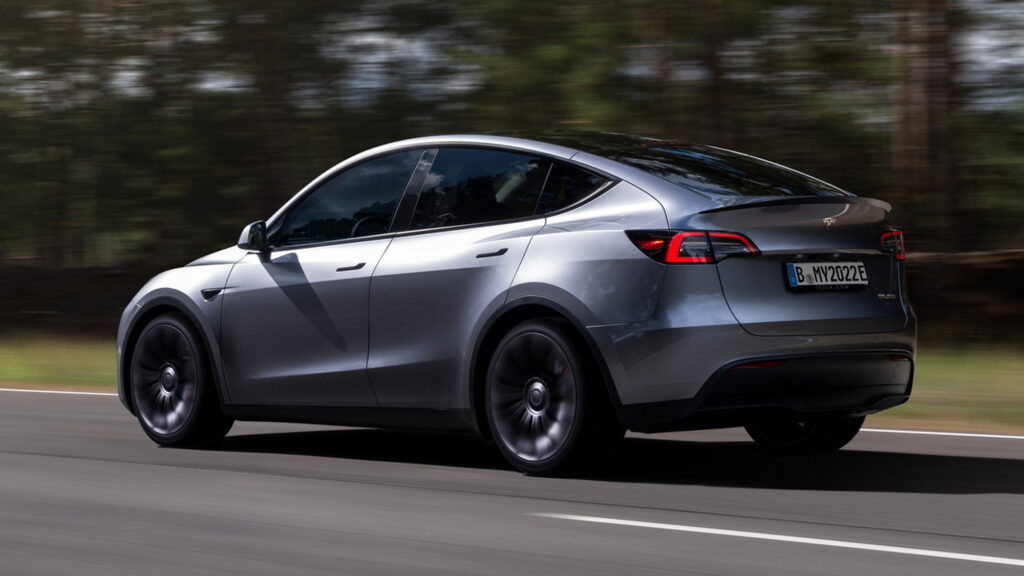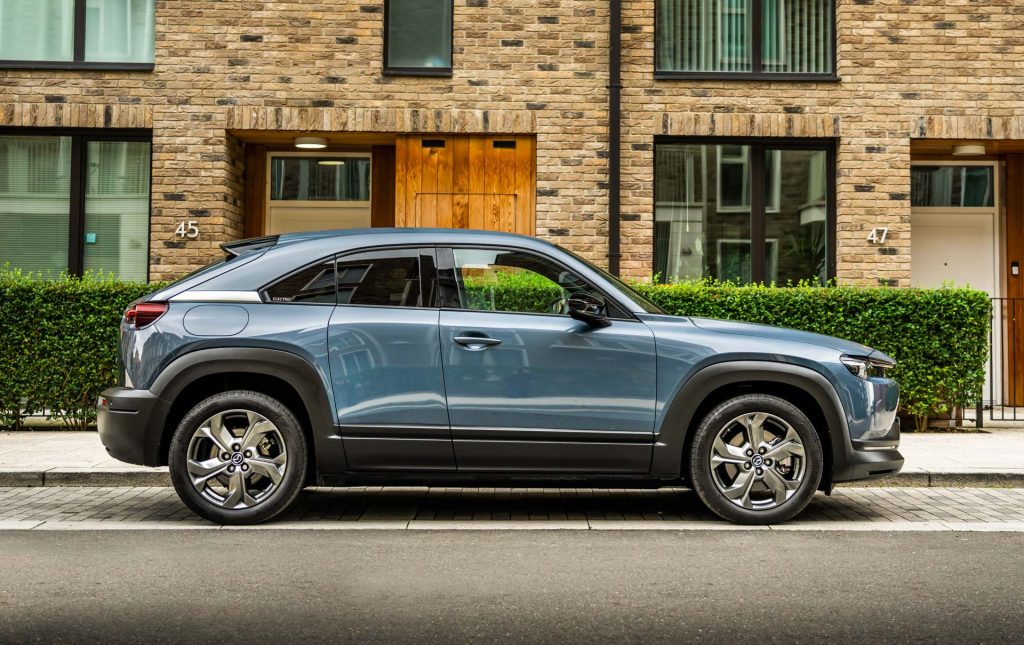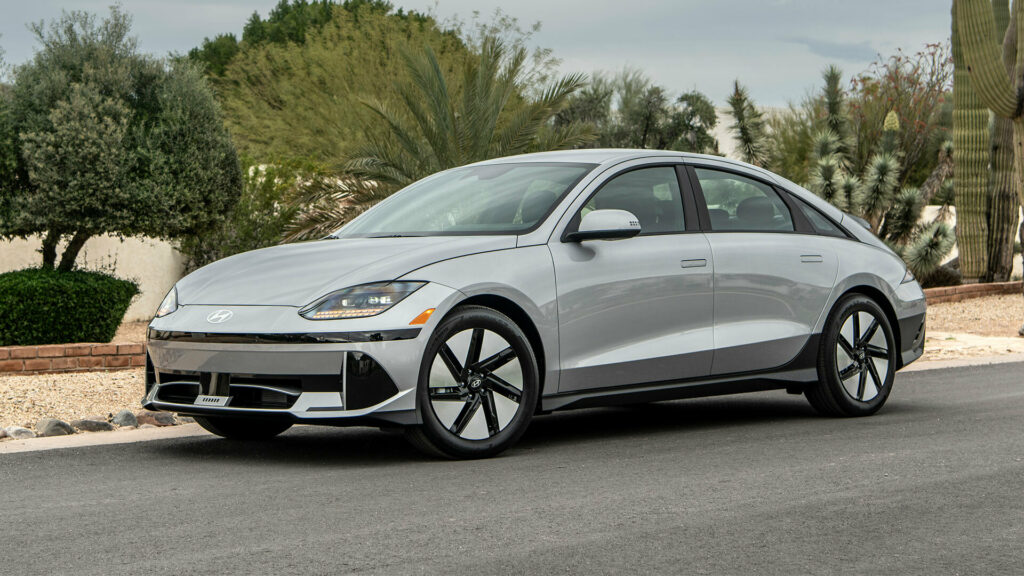President Joe Biden wants half of all new vehicle sales to be for EVs by 2030 but based on the results of a new survey, this may prove difficult to achieve.
A recent poll conducted by The Associated Press-NORC Center for Public Affairs Research and the Energy Policy Institute at the University of Chicago set out to determine just how many Americans plan to make the switch to EVs. Its poll of 5,408 individuals revealed that 19% of adults in the U.S. are “very” or “extremely” likely to purchase an EV for their next vehicle and that 22% say it is “somewhat likely.” Meanwhile, some 47% of respondents said it is not likely that they will go electric.
In addition, the study found that 8% of Americans say they or someone they live with currently owns or leases an electric vehicle and that just 8% say their households have a plug-in hybrid vehicle.
Read: 2023 Hyundai Ioniq 6 To Start From Mid $40s Offering From 149 HP To 320 HP

Respondents cited a number of factors as to why they are resistant to purchasing an EV as their next vehicle. Some 60% cited the high cost of an EV as a major reason preventing them from making the switch while a further 23% cited it as a minor reason. Half of those polled added that too few charging stations is a major reason to avoid an EV, 41% cited battery technology as a major concern, 40% said they prefer a gas engine vehicle, and 38% said long charging times were a major reason to avoid an EV.
Kelley Blue Book reveals that the average cost of an EV in the United States is more than $58,000, putting it out of reach of many households. While the federal tax credit introduced as part of the U.S. Inflation Reduction Act offers up to a $7,500 discount for new EVs, only select vehicles are eligible.
Unsurprisingly, younger consumers are more enticed by the idea of owning an EV. In fact, the poll found that 55% of adults under 30 say they are at least “somewhat likely” to get an EV next time while 49% of adults aged 30 to 44 are likely to do the same. By comparison, just 31% of consumers aged 45 and over are somewhat likely to buy an EV next.




